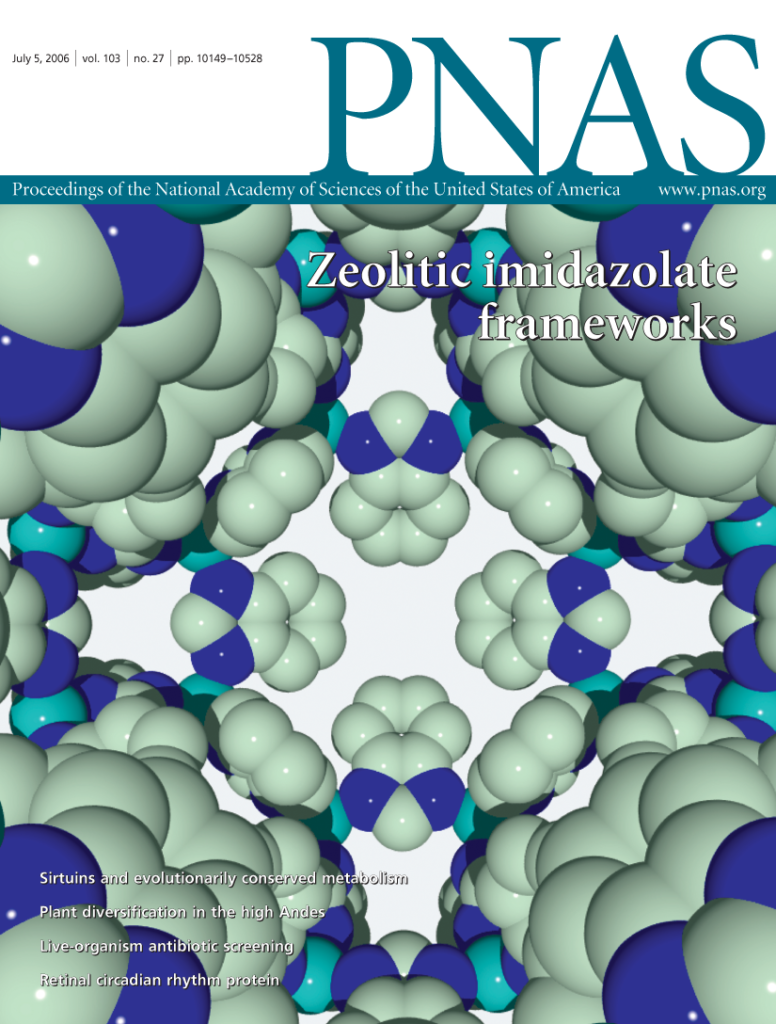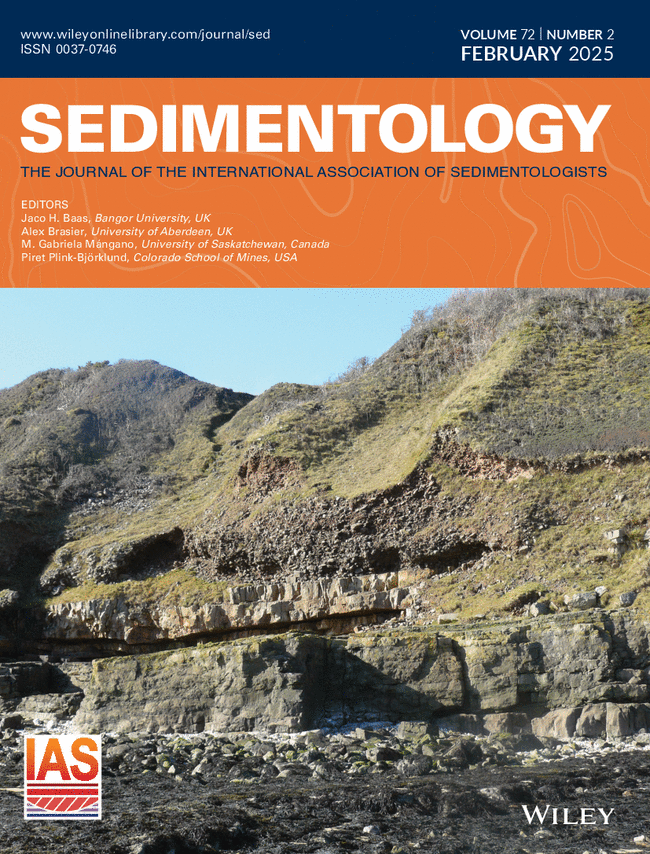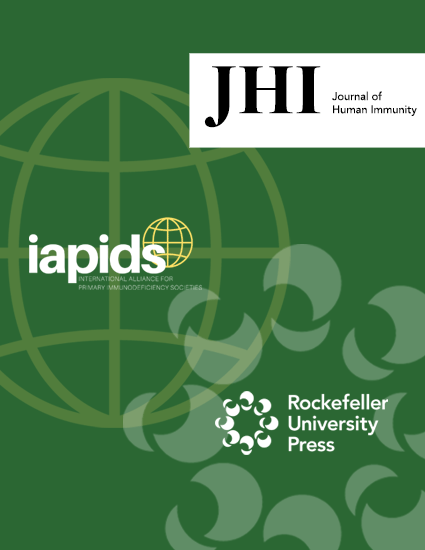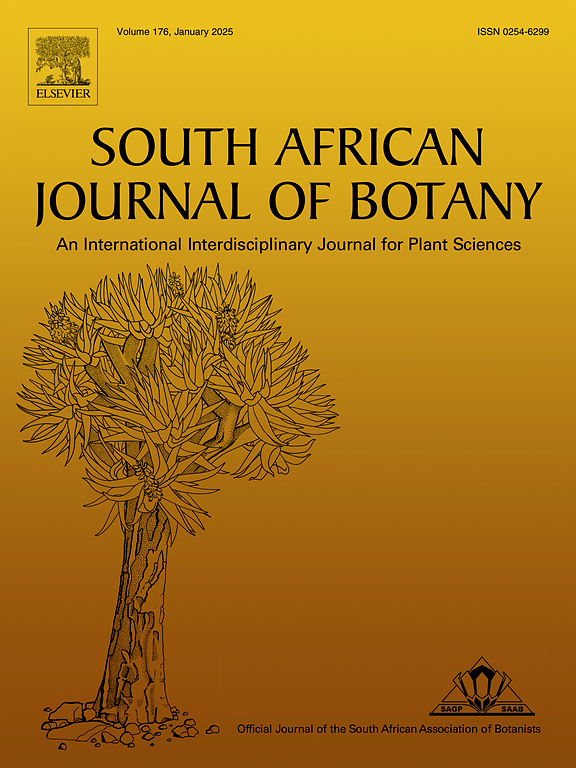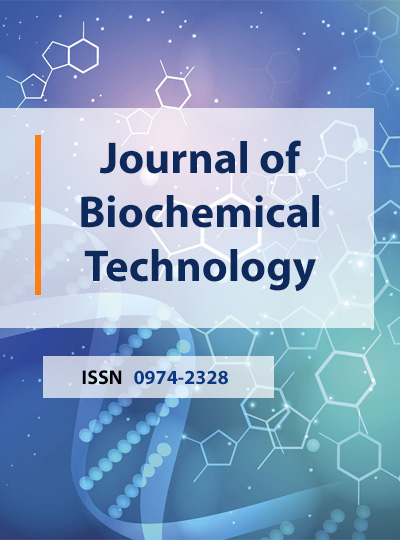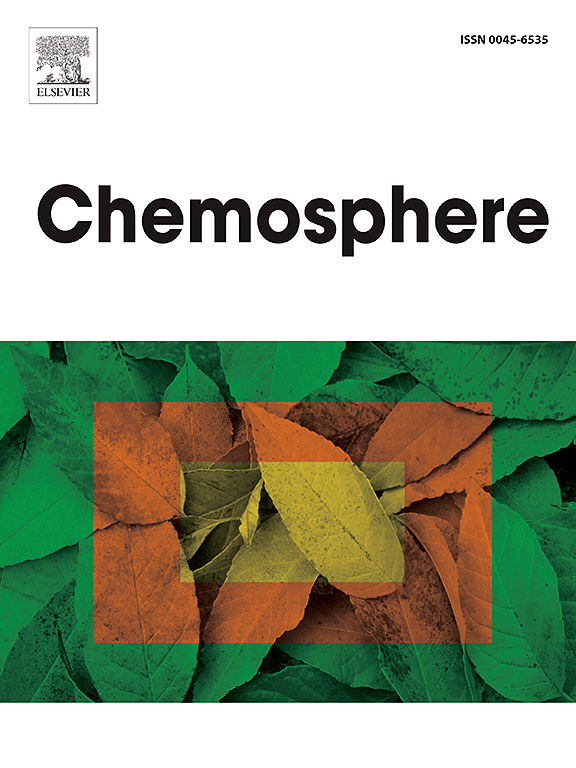A chemist at a university in Pakistan found a surprise when he opened an alert from ResearchGate on a newly published paper on a topic related to his own work.
When Muhammad Kashif, a chemist at Abdul Wali Khan University Mardan, looked at the paper, he noticed “substantial overlap” with an unpublished review article he had submitted to other journals. On closer inspection, he found it was indeed his paper — published by other authors.
“I was shocked and deeply concerned,” Kashif told Retraction Watch. “My unpublished work was replicated without attribution, undermining months of effort.”
Continue reading His manuscript was rejected. Then he saw it published by other authors
